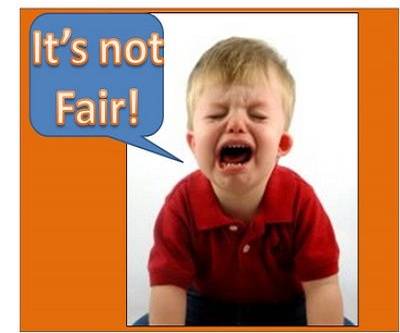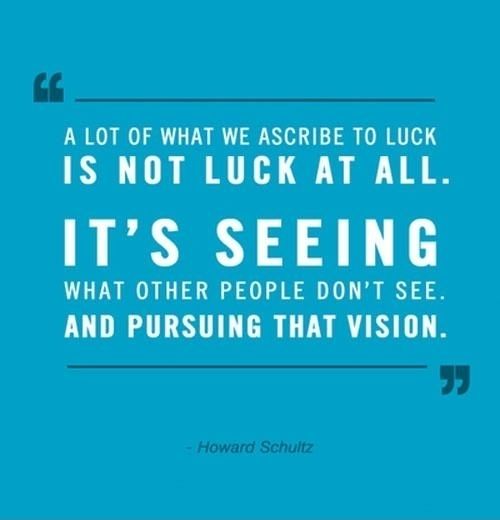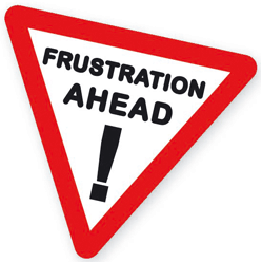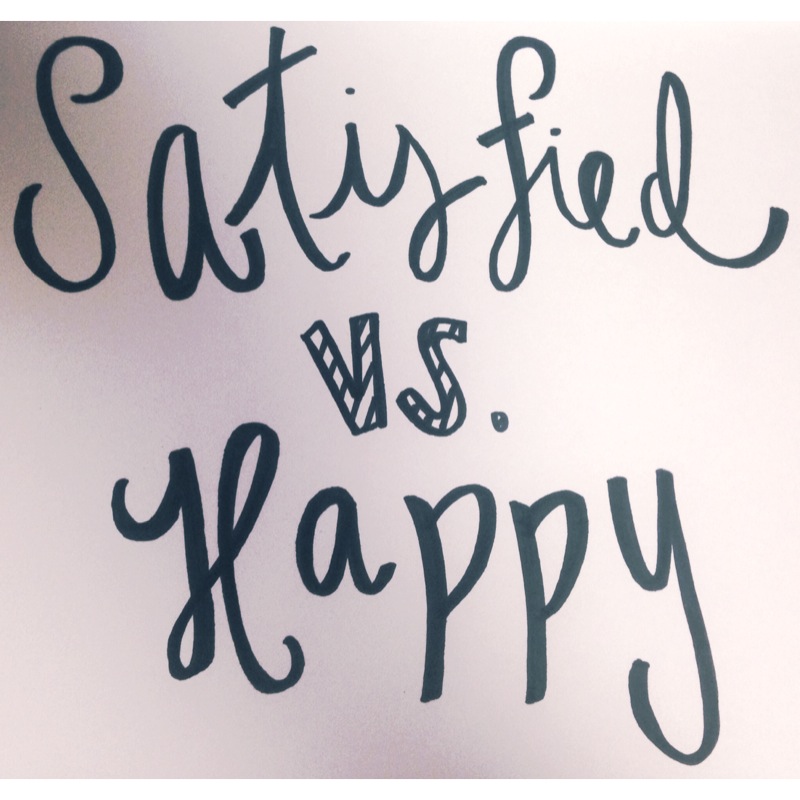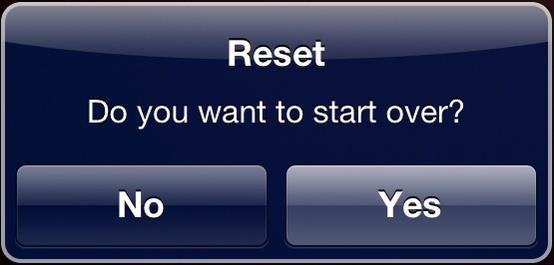I’ve decided I want to be happy.
From Volume 13, Issue 1:I now realize that being angry, frustrated, sad, guilty, afraid, scared, annoyed, disappointed, discouraged, apathetic—the laundry list goes on—simply has not been good for my well-being. It can make me lash out at those who may or may not be responsible for these feelings. Generally it makes me very unapproachable… people walk wide circles around me.


